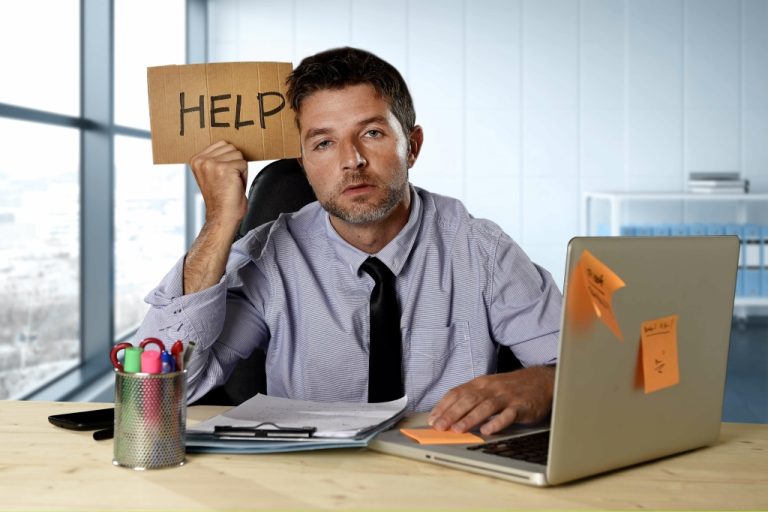Content
In other words, substance abuse creates much more shame, especially in someone struggling with shame issues. That part of what’s going on is they feel ashamed of themselves. Ironically, the shame because it’s so stressful will lead to continued addictive behaviors, and so you get locked in this vicious cycle. But if a parent can understand that in a shame cycle, it’s what I call situational sociopathy. All I mean by that is that your son or daughter isn’t a sociopath. A sociopath is somebody that can hurt somebody and not care.
What are the negative effects of shame?
People who live with shame often feel worthless, depressed, and anxious. Shame can be a contributing factor in depression, anxiety, and low self-esteem. [iii] People who are constantly ashamed live out a difficult emotional and mental battle each and every day.
One feels guilty by acknowledging that they had done something wrong. Treatment teaches us that the more guilt we possess, the less shame we endure. Ever since the user was a child, they had been told ‘not to do drugs’ by authority figures. Everytime that they consume their drugs or alcohol, a voice in the back of their head is telling them that they are bad.
Does Guilt + Shame = Relapse?
Not feeling guilty in situations where you’ve done something wrong can actually be a sign of a more significant issue. An antisocial personality disorder is a mental condition characterized by a person’s lack of regard for right and wrong. Individuals with this disorder https://ecosoberhouse.com/ may ignore the rights and feelings of others and may even antagonize them, manipulate them, or treat them harshly. Although a lack of guilt doesn’t necessarily mean you have this condition, the feeling can indicate a healthy conscience, which is a good thing.
Celebrating Food-Centered Holidays During Eating Disorder Recovery – Healthline
Celebrating Food-Centered Holidays During Eating Disorder Recovery.
Posted: Fri, 04 Nov 2022 07:00:00 GMT [source]
Participation in the 12 steps can also be helpful for working through shame, but it’s important to remember that unlike guilt, shame is not productive for recovery. Although it may be difficult, we must strive to remember that we aren’t bad people even though our addictions led us to do bad things. Over time, this can help us move past our shame and toward a more promising future. Through addiction treatment and counseling, many people are able to overcome the underlying causes of their guilt and shame and go on to a full recovery. It is difficult to do for beginners for even 10 or 20 breaths, as the mind naturally wonders for all of us. But over time with practice, it becomes easier to do and will help teach ways to avoid feelings of guilt or shame. Understanding why you feel guilty is a good first step, as well as why you feel shame.
How to Overcome Shame and Guilt in Recovery
It’s normal and appropriate to feel guilty when you’ve done something wrong. If you’ve acted against your guilt and shame in recovery morals or did something wrong you promised you’d never do again, guilt will typically follow suit.
Can you get PTSD from shame?
What they do do, however, is lead to profound depression, anxiety, and posttraumatic stress symptoms. In fact, shame is a direct predictor of a diagnosis of PTSD and the severity of mental distress. The antidote to trauma-based shame and self-hatred is compassion.
Concerning drug addiction, guilt and shame are very important. A person may suffer from some childhood trauma and seek substances to ease the pain of guilt. Eventually, the addiction will begin to hurt their loved ones.
Overcoming Feelings of Guilt and Shame in Recovery
Sobriety is jeopardized if healthy coping methods are not learned and embedded into everyday living. At Synergy Recovery, we can help you develop a deeper understanding of your feelings and learn how you can improve your self-worth. Our addiction treatment programs are individualized to provide you with the proper care to treat your addiction and the underlying causes. We offer medication-assisted treatment to help you detox from substances and individual or group therapy to give you the space to speak openly about your feelings.

On the other hand, there are certain situations where you may play a direct hand in your guilt. If you continue to do things that make you feel guilty, then you’re the one creating the problem.